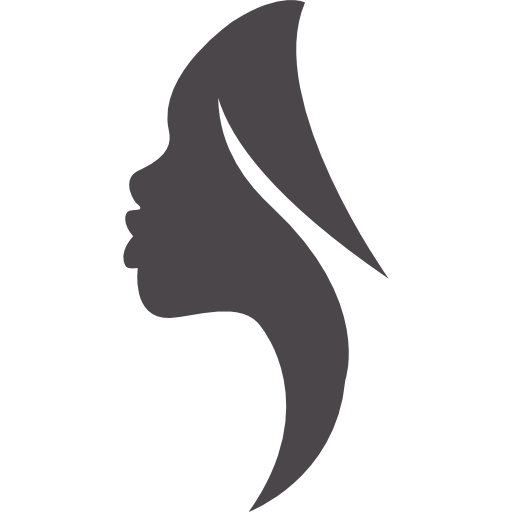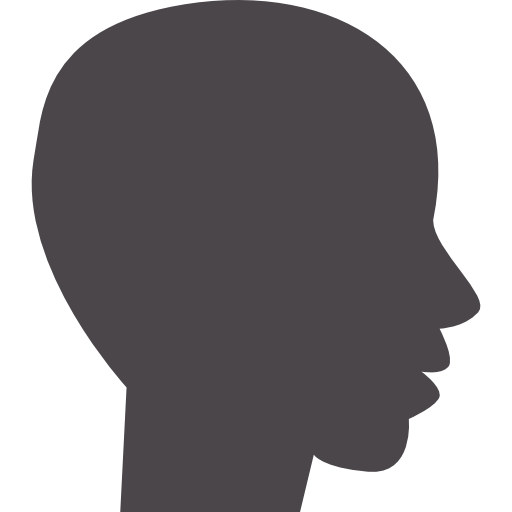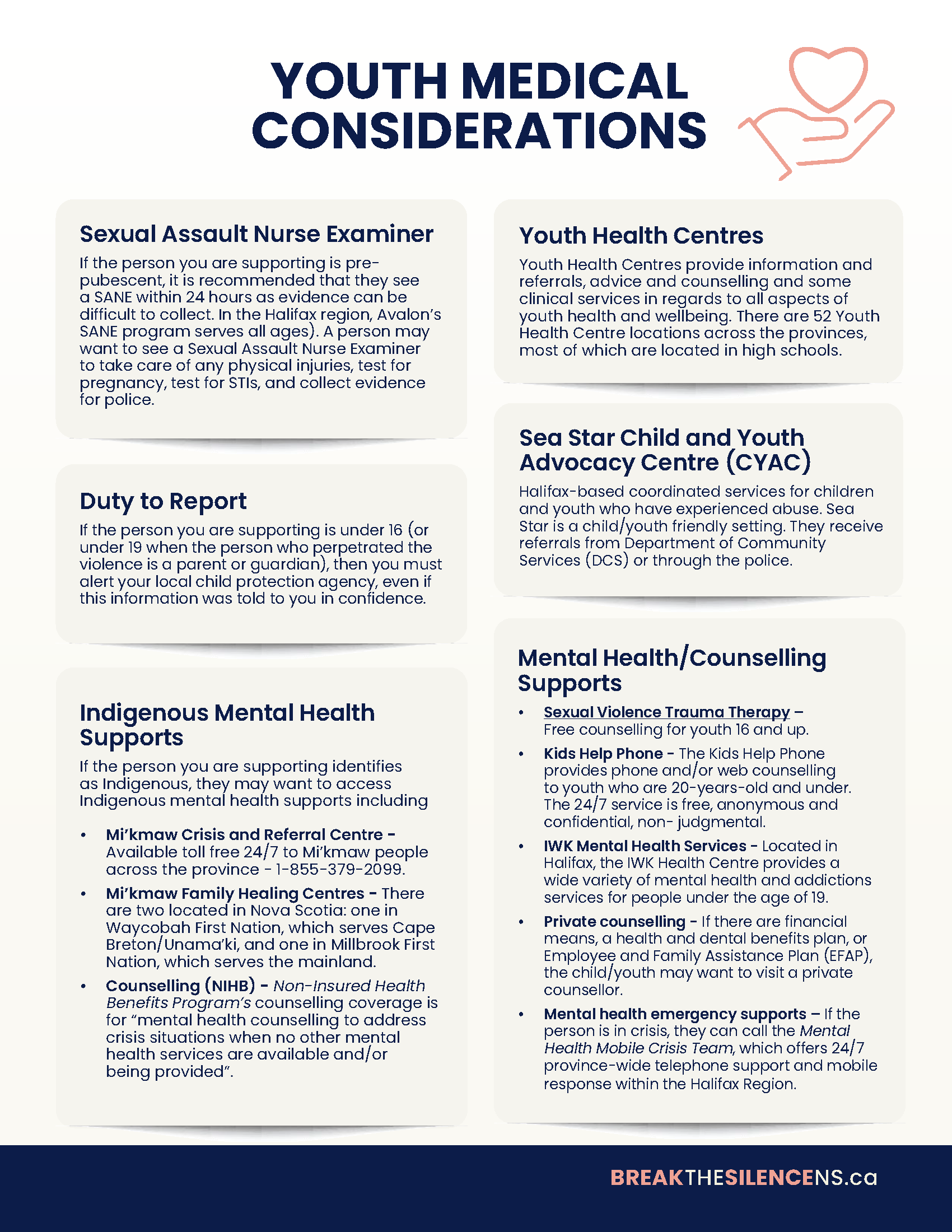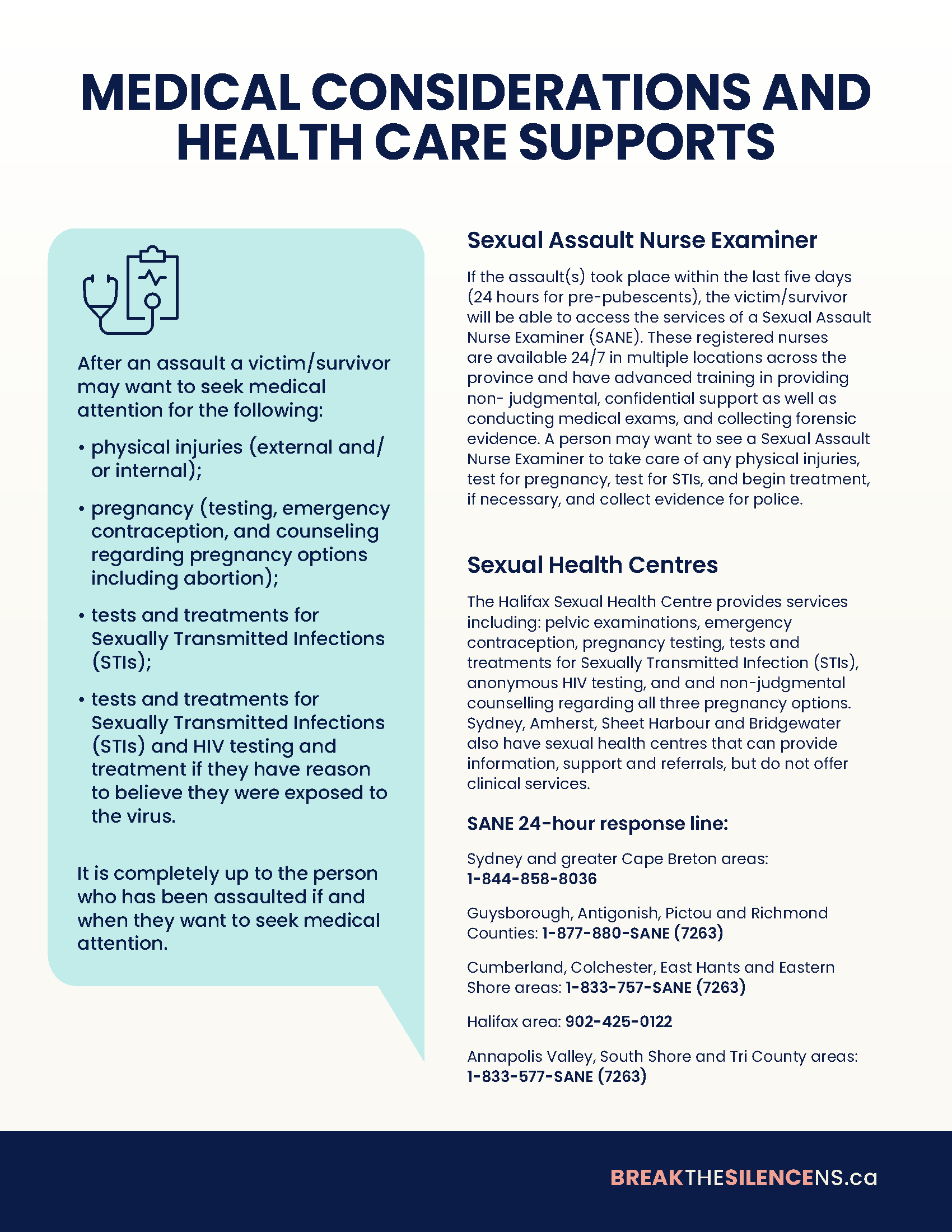Seeking Medical Attention
Medical Options
While seeking medical care may be empowering for some, others may find it stressful or triggering to answer questions about the assault and be touched by a medical professional. Many people have mixed feelings about medical care following sexual assault.
It is important that victims/survivors feel empowered to ask questions and make their own decisions. It is their body and they have the right to know what is happening.
There are several options when it comes to seeking medical attention following an assault:
The victim/survivor ...
... wishes to report to the police
A medical exam is paired with a forensic exam. During the forensic exam, a nurse collects evidence to be used for a possible police investigation or court case.
... is unsure whether they want to report to police
A medical exam is paired with a forensic exam after which the evidence is held (for six months) while the victim/survivor decides if they want to report.
...wishes to disclose to medical professionals, but not report to police
A medical exam is carried out, and the person discloses the sexual assault to the medical professional(s).
... does not wish to disclose to medical professionals or report to police
A medical exam is carried out and the person does not disclose that they have been sexually assaulted. This allows the person to take care of their immediate physical needs while not disclosing.
Reasons for Seeking Medical Attention
After an assault a person may want to seek medical attention for the following:
Physical injuries (external or internal)
- If the person has physical injuries they should see a primary health provider, and/or go to a hospital.
Pregnancy (testing, emergency contraceptive, and counselling regarding pregnancy options including abortion)
- If the victim/survivor is worried that they might be pregnant, emergency contraception (which can help prevent pregnancy) can be taken up to 5 days later and it is most effective if taken within 24 hours.
Sexually Transmitted Infections (STIs)
- If the person believes they could have contracted an STI they should see a Sexual Assault Nurse Examiner (SANE) or health care provider.
HIV testing and treatment
- If the person has reason to believe they could have contracted HIV, a medical professional can administer post-exposure prophylaxis (a combination of HIV drugs that can prevent contraction of HIV). Post-exposure prophylaxis must be taken within three days (72 hours) and must be taken daily for four weeks.
It is completely up to the person who has been assaulted if and when they want to seek medical attention.
Bringing a Support Person
The victim/survivor also has the option of bringing a support person (a friend, family member, elder, advocate) with them to the hospital, doctor’s office, or clinic. If the person you are supporting would like you to accompany them and you are unable to do so, you can help them brainstorm an alternate support person.
If you do accompany them, it is important to ask them what kind of support or advocacy they need and want from you. It is important to ask questions such as:
- Do they want you there during examinations?
- Do they want you to remain quiet or do they need help articulating what happened? If the latter, what details do they want to disclose and what language are they most comfortable with? For example, are they referring to what happened as rape, assault or something else?
- If the person you are supporting is transgender, what do they want you to do if they are misgendered or referred to by their birth name?
- Do they want you to take notes for them to consult later? Trauma can have a profound impact on memory.
Barriers to Seeking Medical Attention
“Research shows that racism against Indigenous peoples in the health care system is so pervasive that people strategize around anticipated racism before visiting the emergency department or, in some cases, avoid care altogether.”
- First Peoples, Second Class Treatment report, The Wellesley Institute
Marginalized Communities

These concerns can be heightened for people who live at the intersections of several marginalized identities. An African Nova Scotian woman might be concerned about the shame and stigma often linked to experiencing sexual violence. Additionally, she might worry about racist stereotypes specifically about Black women, including being unfairly viewed as aggressive or highly sexual.
Racism within the healthcare system creates added barriers for Indigenous, African Nova Scotian, and otherwise racialized people who may want/need medical attention.
Immigrant people may also be wary to seek support due to language barriers and cultural differences.
No One Will Believe Me

A woman might worry that she will be seen as having “asked for it,” while a man may worry that service providers won’t believe that a man can be a victim/survivor of sexual violence. A woman who has been violated by another woman may worry that the health care professional will not believe that women can perpetrate sexual violence. Such concerns result from widely held rape myths and stereotypes.
Indigenous Views

In a small community or on a First Nations reserve the victim/survivor may worry that people will find out that they have been assaulted or that someone will ask why they are/were at the clinic.
A 2020 report called “In Plain Sight: Addressing Indigenous-specific Racism and Discrimination in B.C. Health Care" detailed widespread and ongoing stereotyping and racism leading to discrimination in care. For example, Indigenous patients were given improper care for serious conditions because health professionals assumed they were drunk and/or on drugs, or treated as though they were dishonest, and assumed to be bad parents.
Homophobic/Transphobic Views

Members of the 2SLGBTQ+ community may worry that a medical professional is not educated about 2SLGBTQ+ realities and may ask ignorant or insensitive questions, express homophobic or transphobic views, or discriminate against them.
Transgender people are often misgendered or called by their birth names when they visit the doctor or the emergency room, which can be a stressful or traumatic experience. Additionally, LGBQTIA2S+ people often have to come out to new health care providers.
Medical Attention and Support Options
Adults
After an assault a person may want to seek medical attention. It is completely up to the person who has been assaulted if and when they seek medical attention.
Youth
When the Victim/Survivor is Under 16 (or under 19 if the person who perpetrated the violence is a parent/ guardian)
If the person you are supporting is under 16, then you must alert your local child protection agency, even if this information was told to you in confidence.
Child protection social workers will then work with local police to conduct a joint investigation, which will include an interview with the child/youth (a social worker and police officer will be present). Whether investigators contact the child/youth directly, or a parent or guardian, to set up the interview will depend on their age and the circumstances of the violence.
If required, Child Protective Services can help arrange a physical exam, and will discuss additional supports with the child and/or parent(s) or guardian(s).

